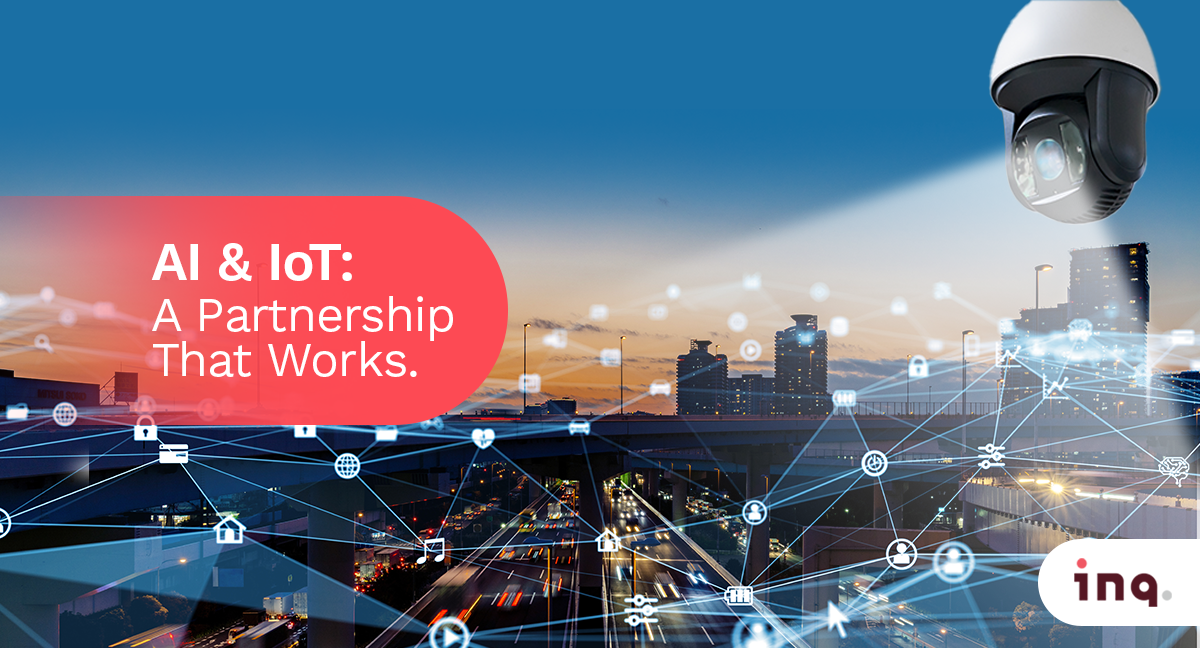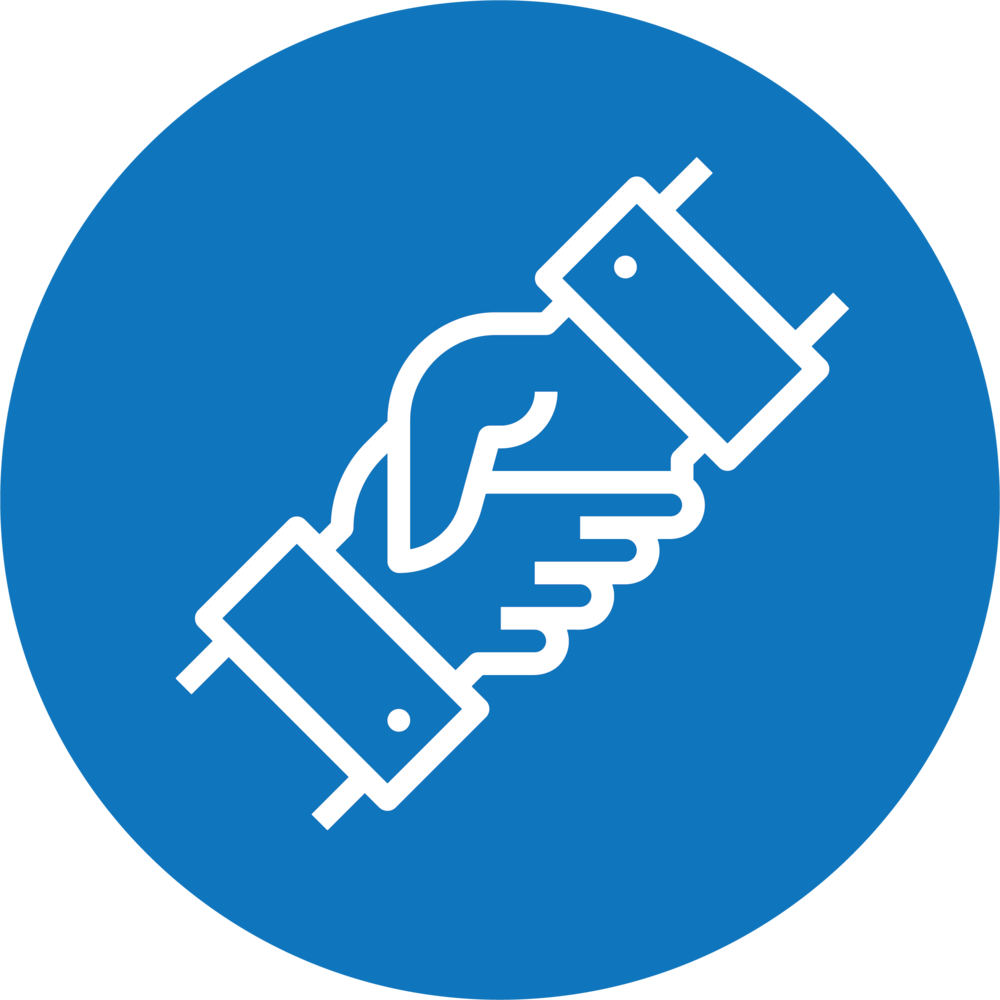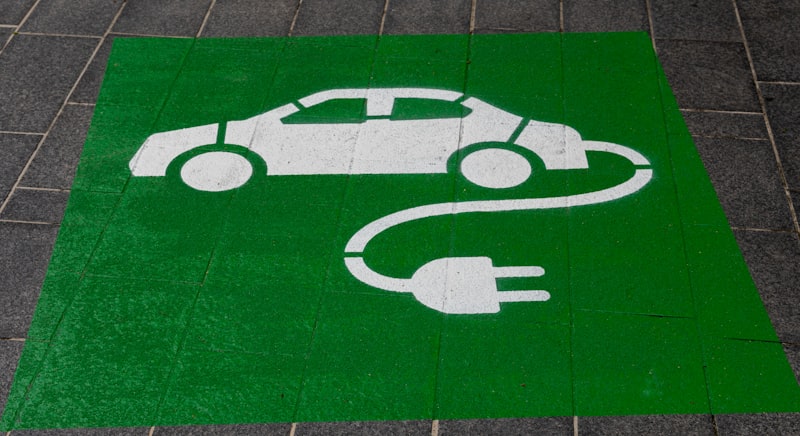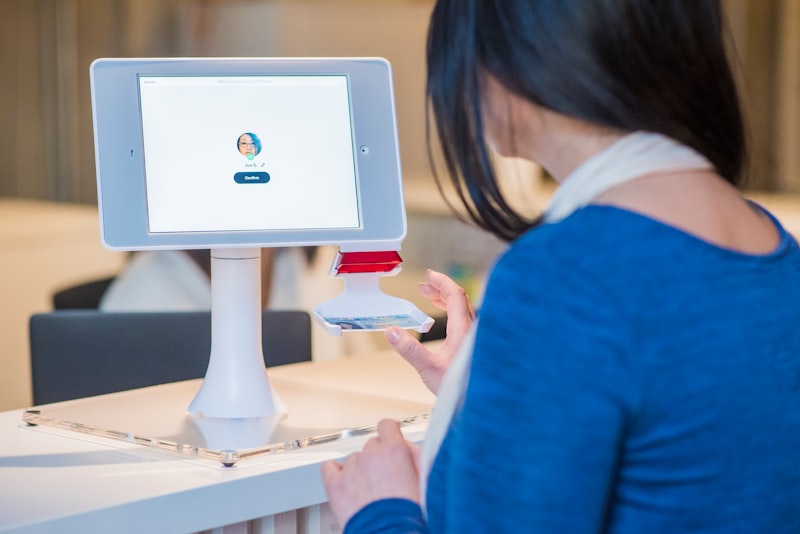AI and IoT: A partnership that works
You might have wondered why you view house listings on a website and subsequently receive furniture advertising on your social media account. Most social media users have experienced this at some point or the other. While I have no intention of joining the privacy debate associated with social media algorithms,
You might have wondered why you view house listings on a website and subsequently receive furniture advertising on your social media account. Most social media users have experienced this at some point or the other. While I have no intention of joining the privacy debate associated with social media algorithms, this type of targeted, intelligent advertising is a clear example of the use of Artificial Intelligence (AI).
Data about the activities of social media users is shared by connected devices to computers (Internet of Things/IoT) which are able to analyze this data to make informed guesses about everything from who social media users would like to connect with to what kind of dog breed they may be interested in buying.
AI and IoT are complimentary as AI adds value to IoT by helping to make sense of the data shared by IoT-connected devices towards enabling decision making by these devices (i.e., making devices ‘smart’). The convergence of AI and IoT is redefining the way industries, businesses, and economies function and is set to play an even greater role in the future as technology evolves.
Understanding AI and IoT
Most people have probably encountered the terms AI and IoT already but let me attempt a simple definition to level-set. AI is the ability of machines to demonstrate human-like capabilities such as learning, reasoning, planning, and creativity.
While IoT refers to the connection of all devices (things) to the internet, particularly those without computing abilities, for the purpose of data exchange. In recent years, AI and IoT have enjoyed exponential growth, driven primarily by advances in ICT such as faster and more reliable telecommunications networks and increased computing power. As a result, both technologies are well-positioned to dominate and shape the computing space in the future.
Fortune Business Insights estimates that the global IoT market size was USD 302.87 billion in 2020 and projects that the market will grow at 24% annually from USD 381.30 billion in 2021 to USD 1,854.76 billion in 2028. According to the International Data Corporation (IDC), global AI revenues are forecast to grow 16.4% y-o-y in 2021 to USD 327.5 billion and cross the $500 billion mark by 2024.
How It Works in Today’s World
Smart offices which can function with progressively less human intervention are gaining increasing popularity around the world, including in Nigeria. Since Q2, 2020, inq.Digital Nigeria has seen a significant increase in the demand for its AI+IoT solutions to power offices.
Its Edge AI solution is powering the AI+IoT revolution through services such as Compliance as a Service, Intelligent Security (including enabling existing surveillance camera infrastructure to detect compliance and safety deviations), automatic monitoring and alerts across organizations, and Retail Analytics (Customized retail analytics and real-time information).
Another common use case of AI+IoT is wearables such as smartwatches, fitness trackers, and GPS trackers, which are some of the most popular devices in Nigeria and the world today. These devices can analyze the wearer’s data and provide a broad range of intelligent recommendations such as health and wellness advice, smart alerts, and location-specific suggestions.
Some smart wearables can even contact emergency services if the device detects that the owner has suffered a fall. An additional key use case is self-driving cars which leverage AI+IoT, to predict the behavior of pedestrians and cars in various circumstances. They can assess road conditions and determine the optimal speed based on those conditions.
Conclusion
AI and IoT are already leading the next industrial revolution and inq.Digital Nigeria’s IoT and AI solutions are well-positioned to catalyze the revolution. Businesses adopting AI-augmented with IoT enjoy competitive advantages owing to their increased efficiency and profitability.
AI+IoT capabilities are now integrated with most major general-purpose and industrial IoT platforms, such as Microsoft Azure IoT, GE Predix and Amazon AWS IoT, and inq.Digital Nigeria is at the forefront of the implementation of AI and IoT for businesses in Nigeria.
This post was written by Solomon Ogufere, and brought to you by inq.Digital Nigeria, a leading cloud and AI service provider.







